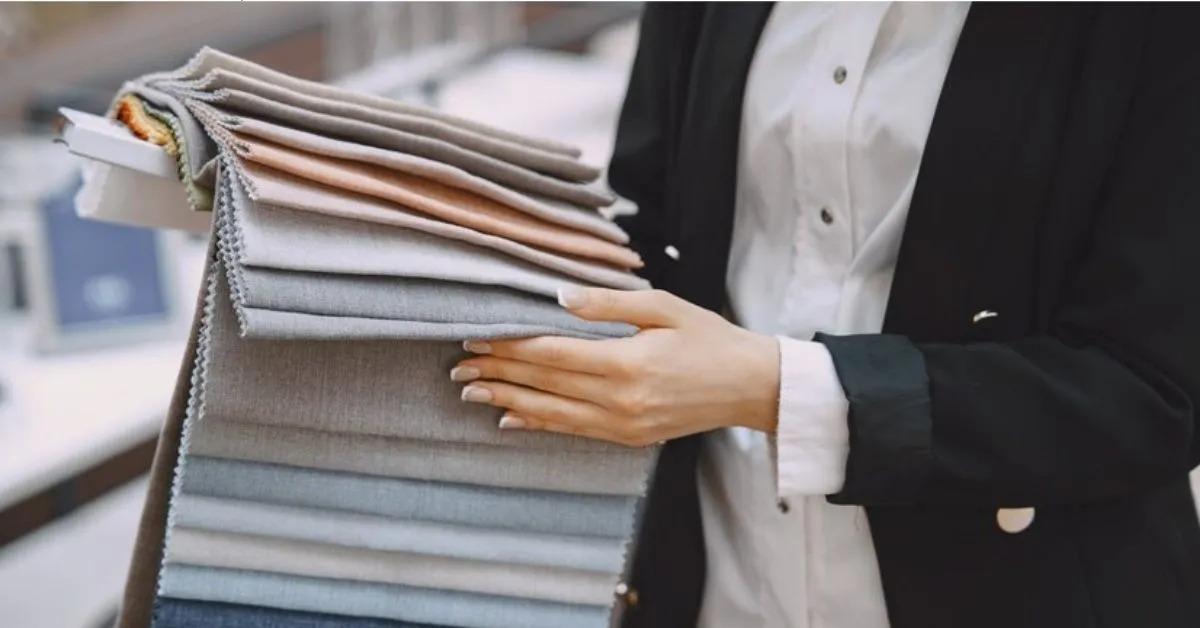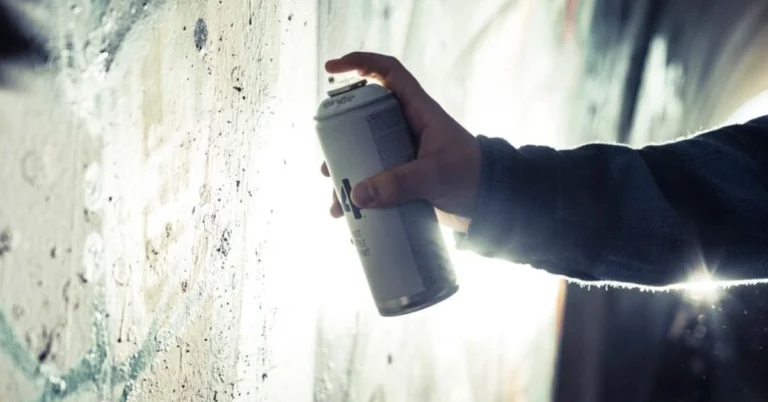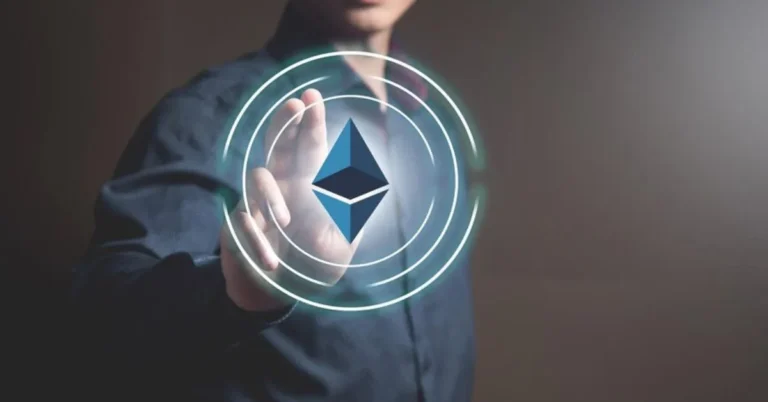The Power of Fiber Glass 121 Textron: A Game-Changer in Advanced Materials
fiber glass 121 textron In today’s fast-evolving industrial landscape, high-performance materials play a pivotal role in shaping the future of industries like aerospace, automotive, and electrical systems. Among these materials, 121 Fiberglass Cloth Textron stands out as a revolutionary fabric that meets the demands of modern engineering. With its remarkable properties of heat resistance, chemical stability, and mechanical strength, this advanced composite material is becoming indispensable across various sectors.
In this article, we will dive deep into everything you need to know about 121 Fiberglass Cloth Textron—from its properties and benefits to its wide-ranging applications in high-performance industries. Whether you are an engineer, designer, or industry professional, this comprehensive guide will help you understand the full potential of this versatile material.
What Is 121 Fiberglass Cloth Textron?
To begin, let’s explore the fundamental characteristics of 121 Fiberglass Cloth Textron. This specialized fabric is made from fine glass fibers woven into a cloth, resulting in a strong and durable material that is lightweight yet highly resilient. Textron, a renowned name in advanced materials, manufactures this fiberglass cloth to cater to the needs of industries requiring materials that can endure extreme conditions.
Composition and Structure
The core of 121 Fiberglass Cloth Textron lies in its woven glass fibers, a form of fiber-reinforced composite material that is known for its outstanding mechanical properties. The weave pattern is crucial because it determines the cloth’s strength, flexibility, and ability to withstand high temperatures and chemical exposure.
The Unique 121 Weave
The 121 weave is a specific pattern in which the fiberglass filaments are arranged. This structure is designed to enhance dimensional stability and flexibility while maintaining excellent durability. Unlike other weaves, the 121 pattern offers superior resistance to both high temperatures and harsh chemicals, which is why it is a popular choice in industries that deal with extreme environmental conditions.
Why 121 Fiberglass Cloth Textron Is a Game-Changer
Fiberglass cloth, in general, has been around for decades, but 121 Fiberglass Cloth Textron takes things a step further. Thanks to a combination of thermal resistance, chemical stability, and impressive mechanical properties, this cloth has proven to be a game-changer in several high-performance applications.
Exceptional Heat Resistance
One of the most prominent features of 121 Fiberglass Cloth Textron is its heat resistance. It can withstand high temperatures without degrading, making it ideal for applications in environments where heat can cause traditional materials to fail. Whether in aerospace components, automotive engines, or industrial machinery, the ability of this material to resist heat helps prolong the lifespan of products, reducing the need for constant maintenance or replacement.
Chemical Stability
Another significant advantage of this cloth is its resistance to chemicals. In industries like aerospace, automotive, and electrical systems, materials are often exposed to a variety of chemicals such as oils, acids, and solvents. The 121 Fiberglass Cloth Textron remains unscathed, preventing degradation and ensuring that the material retains its strength and durability in harsh chemical environments.
Strength and Durability
The mechanical strength of fiberglass cloth is well-known, but the 121 Fiberglass Cloth Textron takes this a step further. With its finely woven fibers, the material exhibits high tensile strength, making it a reliable option for applications that demand heavy-duty performance. Whether used in reinforcing composite materials or structural components, it offers the durability needed to withstand extreme mechanical stress.
Applications of 121 Fiberglass Cloth Textron Across Industries
Thanks to its unique properties, 121 Fiberglass Cloth Textron is used across a range of industries where high performance is crucial. Below, we will break down some of the primary industries that benefit from this material and explore how it is applied in various real-world scenarios.
Aerospace Industry
The aerospace industry is one of the primary sectors that rely on advanced materials like 121 Fiberglass Cloth Textron. In this field, composite materials reinforced with fiberglass are used to manufacture everything from aircraft parts to satellite components. The heat resistance and strength of this fabric make it the perfect reinforcement material for lightweight, high-strength parts that need to withstand extreme temperatures and mechanical stresses during flight.
Use in Aerospace Components
In aerospace, 121 Fiberglass Cloth Textron is commonly used in the construction of engine components, fuel tanks, and wing structures. The material’s ability to resist heat and chemical exposure is essential, as parts are often exposed to high-pressure environments, intense friction, and fuel additives that would degrade ordinary materials.
Automotive Industry
The automotive industry also benefits greatly from the properties of 121 Fiberglass Cloth Textron. With modern cars becoming increasingly complex, lightweight, and energy-efficient, manufacturers need materials that can withstand heat, chemicals, and the stresses of daily use. Fiberglass composites are increasingly used to reinforce lightweight parts, improve fuel efficiency, and enhance vehicle performance.
Use in Automotive Parts
In the automotive sector, 121 Fiberglass Cloth Textron is used in the manufacture of engine components, brake pads, heat shields, and structural reinforcements. The material helps make these components lightweight, yet strong enough to handle the high temperatures and mechanical stresses they experience during operation.
Electrical Insulation
Electrical systems, especially those operating at high voltages or in extreme conditions, require insulation materials that are both durable and capable of withstanding temperature fluctuations. 121 Fiberglass Cloth Textron serves as an excellent choice for electrical insulation due to its chemical stability and thermal resistance.
Use in Electrical Components
121 Fiberglass Cloth Textron is commonly used in insulating electrical wires, cables, and transformers. The material is capable of preventing electrical currents from escaping and provides an added layer of protection against overheating and damage from environmental factors.
Industrial Manufacturing
In industrial manufacturing, parts and machinery are often subjected to high-stress environments, including elevated temperatures and exposure to chemicals. Fiberglass cloth is used as a reinforcing fabric in composite materials for various manufacturing applications.
Use in Industrial Applications
In industrial settings, 121 Fiberglass Cloth Textron is employed in the manufacture of heat-resistant linings, insulation wraps, and reinforced panels. It is especially useful in industries such as petrochemicals, metal casting, and heavy machinery, where high durability and resistance to harsh conditions are necessary.
Advantages of 121 Fiberglass Cloth Textron
Choosing the right material is critical for success in high-performance applications. Below are some of the key advantages of using 121 Fiberglass Cloth Textron:
Strength and Durability
121 Fiberglass Cloth Textron has exceptional tensile strength and is highly resistant to mechanical stresses, making it perfect for reinforcing composite materials. Its ability to withstand wear and tear ensures the longevity of the components it is used in.
Thermal Resistance
As mentioned earlier, the heat resistance of this material is one of its most significant benefits. It can endure high temperatures without degrading, which is crucial for applications in aerospace, automotive, and industrial environments where extreme conditions are the norm.
Chemical Resistance
121 Fiberglass Cloth Textron excels in environments where chemical exposure is a concern. It is resistant to a wide range of acids, solvents, and alkalines, making it ideal for chemical manufacturing, oil & gas, and petrochemical industries.
Versatility
Due to its varied weave patterns and flexibility, 121 Fiberglass Cloth Textron can be tailored for a wide variety of applications. The 121 weave, in particular, allows for a combination of strength and flexibility, making it adaptable to different shapes and forms.
Cost-Effectiveness
Although fiberglass materials can sometimes be expensive, 121 Fiberglass Cloth Textron offers a cost-effective solution for industries looking for durability and longevity. With its resistance to wear and tear, it reduces the need for frequent replacements, ultimately saving money in the long run.
The Future of 121 Fiberglass Cloth Textron
As industries continue to demand higher performance from their materials, the future of 121 Fiberglass Cloth Textron looks promising. Research and development are ongoing to enhance its properties, such as improving thermal tolerance, strength, and chemical resilience.
Innovations and Developments
Future advancements in the production of 121 Fiberglass Cloth Textron may involve optimizing the weave patterns and incorporating nano-scale enhancements to further improve its properties. The increased adoption of fiberglass composites in emerging fields such as green energy and advanced manufacturing will likely drive further innovation.
Broader Applications
With the growing need for materials that can perform under extreme conditions, the use of 121 Fiberglass Cloth Textron is expected to expand beyond its current applications. Industries such as space exploration, nuclear energy, and high-performance electronics are likely to explore the advantages of this material in the years to come.
Conclusion
121 Fiberglass Cloth Textron has earned its reputation as a top-tier material for high-performance applications across a wide range of industries. Its unique combination of strength, heat resistance, chemical stability, and flexibility makes it an invaluable asset for applications in aerospace, automotive, electrical insulation, and industrial manufacturing.
As industries continue to evolve, the demand for innovative, durable materials like 121 Fiberglass Cloth Textron will only increase. With ongoing advancements in material science and engineering, this fiberglass cloth is poised to remain a key player in pushing the boundaries of technology and industrial performance.
If you’re seeking a material that can meet the challenges of extreme environments and deliver long-term durability, 121 Fiberglass Cloth Textron is the ideal solution. Whether you’re working on aerospace components, automotive parts, or electrical systems, this advanced material provides the strength, resilience, and flexibility needed to stay ahead in today’s competitive market.
FAQS
What is 121 Fiberglass Cloth Textron?
121 Fiberglass Cloth Textron is a high-performance fabric made of woven glass fibers known for its heat, chemical, and mechanical resistance.
What are the key benefits of 121 Fiberglass Cloth Textron?
It offers exceptional strength, heat resistance, chemical stability, and durability in high-performance applications.
What industries use 121 Fiberglass Cloth Textron?
It is widely used in aerospace, automotive, electrical insulation, and industrial manufacturing.
How does the 121 weave pattern enhance fiberglass cloth?
The 121 weave pattern provides superior dimensional stability, flexibility, and resistance to high temperatures and chemicals.
Why is 121 Fiberglass Cloth Textron cost-effective?
Its durability and longevity reduce the need for frequent replacements, offering long-term cost savings in demanding environments.







